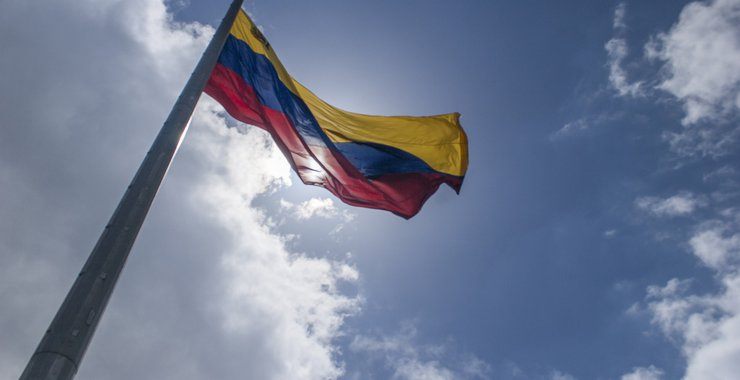Alejandro Machado, the co-founder of the Open Money Initiative (OMI), a project focused on researching how money is “used in closed economies” and “collapsing monetary systems,” has revealed that residents of Venezuela have not completely abandoned the Bolivar.
Although the Bolivar may appear to be practically worthless due to hyperinflation caused by rampant corruption and political and economic instability in Venezuela, Machado pointed out:
No one wants [the Bolivar,] but people need it to survive.
Access To Products Is Severely Limited
According to Machado, Venezuelans may not be using other currencies or assets such as bitcoin (BTC) because of their highly technical nature. In order to spread awareness about the benefits of cryptocurrencies, particularly in areas affected by high levels of inflation, Machado’s non-profit organization, OMI will work with LocalBitcoins on various initiatives.
According to Machado:
Access to products is the number one thing. Do I have enough to eat this week or do I need to reinvent the ways that I access food?
While bitcoin trading in Venezuela has reached record-level highs recently, the majority of the nation’s residents are reportedly using the pseudonymous cryptocurrency for remittance payments and accepting it as compensation for freelance work.
Can’t Buy Basic Food Items With Bitcoin
Jamaal Montasser, the co-founder at OMI, recently commissioned a study involving 40 participants which focused on investigating how Venezuelan residents use money during times of political and economic uncertainty.
According to CoinDesk, a Venezuelan refugee, residing in Colombia, told the staff at OMI that a member of the national guard in Venezuela threatened to beat him. This, as he reportedly refused to sell coffee at rates determined by the nation’s government and priced in the Bolivar. Meanwhile, a Venezuelan, who is currently working in Colombia, has been smuggling US dollars (earned from work) back into Venezuela by hiding them in her hair and underwear.
Jill Carlson, another OMI co-founder, revealed:
The things that people wanted to buy, they couldn’t buy with bitcoin. You could find merchants willing to accept bitcoin for more high-end goods, but not for more basic or staple goods. You can’t go buy bread with bitcoin in Caracas.
Moreover, processing crypto payments is quite challenging because Venezuelan merchants that do take cryptocurrency usually only have one person who knows how to use a digital asset wallet.
Some of the main organizations supporting the OMI project include the Human Rights Foundation, Zcash Foundation, Cosmos, Tezos, and Stellar.









